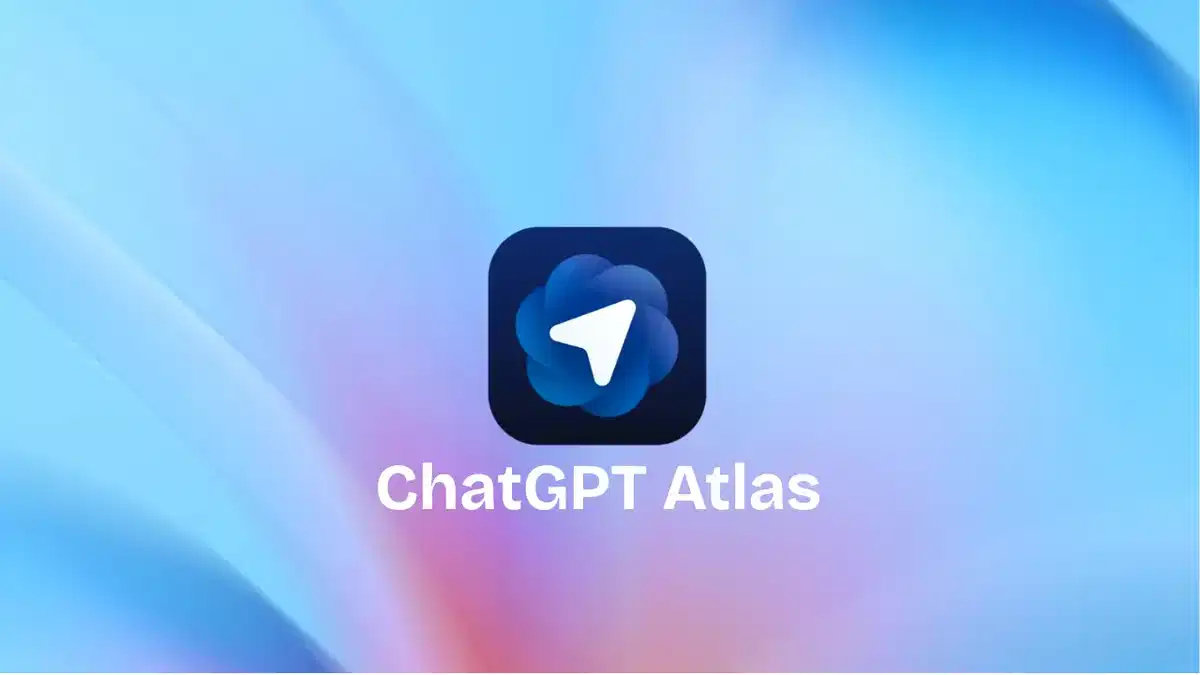Google has officially unveiled a major update to its Gemini Command-Line Interface (CLI), introducing an innovative extension system that allows developers and third-party partners to integrate their tools, APIs, and workflows directly into the platform. This development marks a significant leap forward in how artificial intelligence is being woven into the everyday software development process.
The update transforms Gemini CLI from a smart code assistant into an open, modular platform, capable of supporting a vast ecosystem of add-ons that extend its functionality far beyond coding. With this move, Google aims to empower developers to build, share, and customize AI-driven workflows that suit their unique projects and development environments.
From AI Assistant to Developer Platform
When Google launched Gemini CLI earlier this year, it was positioned as a streamlined AI assistant for programmers—helping users write, debug, and understand code directly within their terminals. The goal was to make powerful generative AI available to developers without forcing them to leave their preferred environments or rely on web-based interfaces.
Now, with the addition of third-party extensions, Gemini CLI is evolving into a flexible ecosystem rather than a single-purpose tool. Developers can now plug in external capabilities, automate complex workflows, and even allow Gemini to directly interact with other popular platforms like GitHub, Figma, and Stripe.
In essence, Google is turning Gemini CLI into a developer operating system, where AI acts not just as an assistant but as an orchestrator of tools and processes across the entire development lifecycle.
How the Extensions System Works
At the core of the new system is a simple but powerful concept: extensions are small, self-contained modules that teach Gemini how to work with other applications. Each extension comes with a playbook — a kind of instruction manual written in natural language and code that tells Gemini how to communicate with a given service or API.
Once an extension is installed, Gemini can automatically execute related commands, access external data, or perform cross-tool operations — all from the command line.
For example:
- A Stripe extension might allow developers to generate invoices or check transaction data directly from the terminal.
- A Figma extension could let users export design assets or collaborate on UI changes without switching windows.
- A GitHub extension might automate pull requests, review code, or check issue trackers—all using conversational AI.
Because the system is open, any developer can create and publish extensions. These will likely be hosted on repositories like GitHub, with Google providing templates, best practices, and documentation to help contributors build secure and high-quality integrations.
A Strategic Move in the AI Arms Race
Google’s timing is no coincidence. The launch of Gemini CLI extensions comes amid growing competition in the AI developer tooling space. OpenAI recently introduced its own “apps” and “assistants” system within ChatGPT, while Microsoft continues to integrate Copilot deeply across its development platforms.
But Google’s approach is distinct: instead of building a closed, curated ecosystem, it is opting for openness and flexibility. The company is betting that an open-source-style community of developers creating and maintaining extensions will drive faster innovation and adoption.
In doing so, Google also aligns Gemini CLI with the ethos of software development itself — collaborative, extensible, and adaptable. This could help position Gemini as a centerpiece of modern developer workflows, especially for engineers already using Google Cloud or Android toolchains.
The Promise and Peril of Openness
While the new extension framework brings exciting opportunities, it also introduces challenges. Because anyone can create and distribute extensions, security and quality assurance become critical concerns.
Unverified or poorly maintained extensions could create vulnerabilities, expose sensitive data, or cause unexpected behavior in production environments. Google will likely need to establish safeguards, such as sandboxing environments or signed extensions, to ensure developer safety.
There’s also the risk of fragmentation. With dozens or hundreds of extensions potentially offering overlapping functionality, users may face confusion about which versions to install or trust. A lack of central oversight could lead to inconsistent user experiences, similar to the early days of mobile app stores.
Nonetheless, the benefits could outweigh the risks if managed carefully. By empowering developers to create and share their own integrations, Google is effectively crowdsourcing the evolution of its AI platform — a strategy that has historically worked well in open developer ecosystems like Android and Chrome.
How Developers Stand to Benefit
For individual developers and engineering teams, the extension system offers an unprecedented level of customization. They can now tailor Gemini CLI to their specific workflow needs, automate repetitive tasks, and integrate AI seamlessly into their existing toolchains.
A full-stack developer, for instance, could build an extension that connects Gemini CLI to deployment pipelines, test frameworks, and monitoring tools. Meanwhile, a game developer could craft integrations that tie AI-assisted scripting to design and asset management software.
The result is a command-line hub powered by AI, where everything from code suggestions to build automation happens within a single interface.
Moreover, because Gemini’s large language models can interpret context and intent, developers can issue natural-language commands like “deploy my latest build to staging” or “generate API documentation for this module,” and Gemini can execute the correct sequence of steps through its extensions.
This represents a major leap toward true conversational computing — where AI understands both human intent and the developer’s technical environment deeply enough to act autonomously and reliably.
A New Paradigm for AI-Enhanced Toolchains
With this launch, Google isn’t just refining a product—it’s signaling a vision for the future of developer tools. As coding assistants evolve from suggestion engines into intelligent, multi-tool agents, developers will rely more on AI to bridge the gap between human reasoning and machine execution.
Gemini CLI’s extension system could set the standard for this transition. Instead of creating isolated AI experiences, Google is enabling the AI to live within existing workflows and continuously expand through community-driven innovation.
Some analysts predict that, within a year, hundreds of extensions will exist for popular developer ecosystems, effectively transforming Gemini CLI into a connective tissue between all major dev tools. If successful, Google could secure a dominant position in the emerging field of AI-native developer environments.
What’s Next for Gemini CLI
Google has not yet announced monetization plans for extensions, but industry observers expect future enterprise versions to include enhanced management and security tools. Meanwhile, developers are already experimenting with custom extensions for everything from project management to machine learning experimentation.
The next few months will be crucial in determining how quickly the ecosystem grows. If Google can maintain quality control while fostering creativity, Gemini CLI could become a central hub for the next generation of AI-assisted programming.
As AI continues to permeate every aspect of software engineering, Google’s new approach suggests that the future of coding may be less about writing lines of code — and more about orchestrating intelligent systems that can do the work for you.
















Leave a Reply